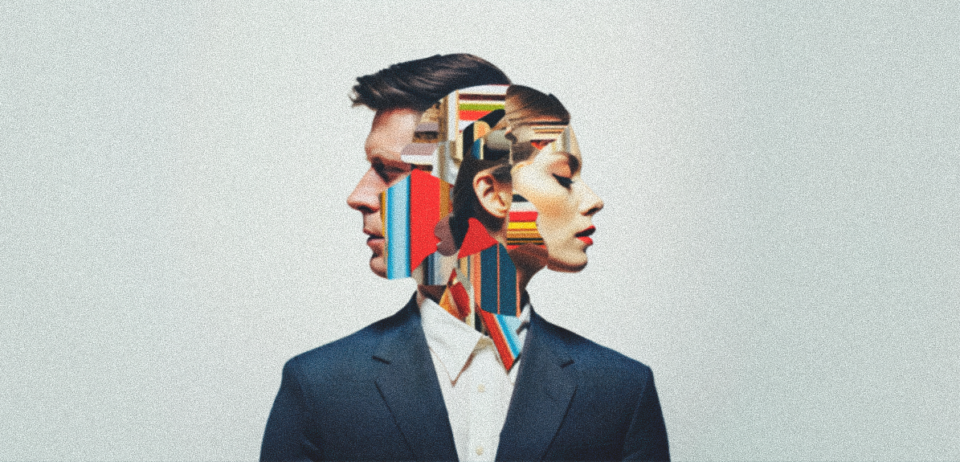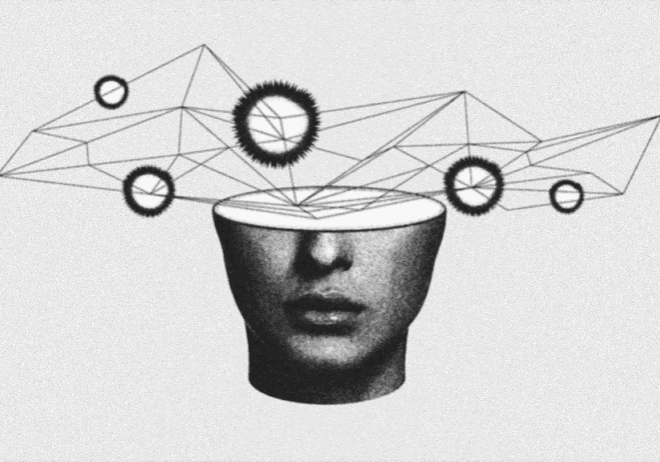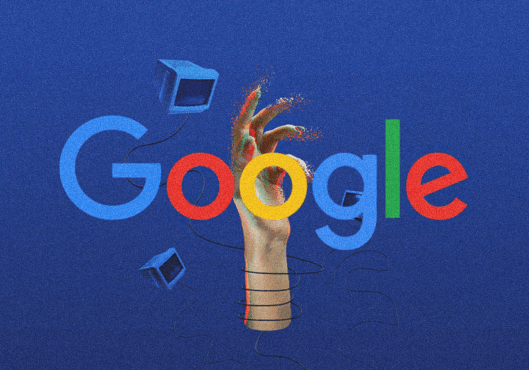
How Advertising Agencies Are Adapting to the Creator Economy
The days when brands turned to ad agencies for creativity as the middlemen in the marketing game are long over. Amid a sea of social media, creators on Instagram, YouTube, and TikTok have outshone agencies as powerful marketing tools.
Creators, often referred to as influencers, are digital celebs who choose to directly connect with the audience, and these platforms give them freedom to establish their own identity and do personal branding without any filter. Today, creators are more influencing than any advertising agency in the market. Well to understand better, grab your mug and get ready to explore the exciting changes in the advertising world and how the creator economy is disrupting traditional marketing.
Is the creator economy a threat to advertising agencies?
With the rise of the creator economy, the advertising world landscape is witnessing a threatening transformation. Earlier, ad agencies were used to control the marketing gimmick and campaigns of product, and used to charge heavy fees followed lengthy processes, and often delivered polished campaigns that lacked a personal touch. This one-size-fits-all approach didn’t connect with today’s audiences, who crave authenticity. With this change, brands realize they need to contact creators to connect with audiences in a more authentic way.
Consumer behavior is evolving with time, Gen Z and Gen Aplha are increasingly favoring recommendations from creators over traditional advertisements. This younger generation looks for brands that align with their values, which today creators know very well. This expectation for transparency is pushing brands to embrace authenticity and community-driven marketing strategies. To survive in this changing landscape, advertising agencies must adapt by integrating creators into their strategies.
Consider the ad for a well-known soda brand that spent millions on a glossy Super Bowl spot. It might get unexpected views, but does it reach the real connections? Whereas a creator sharing the same love the soda on social media is a more causal, relatable video could spark more engagement in just minutes. Take Gymshark, for example. This brand grew primarily through partnerships with fitness influencers, fostering a community that feels personally connected to the brand. These authentic endorsements lead to higher engagement and stronger loyalty.
How user-generated content is helping creators to connect with audiences
Impact of user-generated content (UGC) is beyond engagement, it’s a power of trust and relatability. When potential customers see a product that they can relate to by seeing real people using the product, sharing their honest reviews, or showcasing unique experiences, it creates a sense of authenticity and credibility among the customers.
Advertising agencies that majorly focus on polished, professional content struggle to impress customers in an organic way on a grassroot level. Brands that craft UGC content build trust among audiences and reduce their reliance on traditional advertising channels.
Brands like Red Bull and Coca-Cola have effectively leveraged UGC to illustrate their products in real-world scenarios, allowing consumers to envision themselves in those moments. This strategy not only enhances brand visibility but also cultivates a loyal following that feels personally invested in the brand’s journey.
For instance, Red Bull encourages users to share their extreme sports experiences, while Coca-Cola’s “Share a Coke” campaign invites customers to post photos with personalized bottles, fostering community engagement and brand loyalty.
How creativity pushes innovation to break free from traditional limits
Creativity is beyond boundaries. And creators are constantly experimenting with new formats, styles and storytelling techniques that keep their content engaging and fresh. This dynamic environment fosters innovation in ways that traditional advertising agencies can struggle to replicate. This is a new way of engaging the audience in a more meaningful way.
Consider the viral trend of “unboxing” videos. Creators have taken this simple concept and turned it into a compelling genre that builds anticipation and excitement around products. An ad agency might struggle to create a similarly engaging experience in a static ad.
Consumer behavior is shifting toward personalized experiences and sustainability over traditional purchasing
Gen Z and millennials are more techno-savvy and skeptical of traditional advertising. They are more aware and educated about products and promotions. As they have grown up in an era of saturated ads, they are enough skilled to choose the right message. This demographic prefers content feels relatable and real, making the creator economy the perfect antidote to their ad fatigue.
Brands need to adapt to this shift and focus solely on campaigns crafted by agencies. They must embrace partnerships with creators who can speak to their audience in a way that feels organic and trustworthy. It’s about meeting consumers where they are—on social media platforms with authentic content.
Not anymore — creator economy is not threat and is here to stay
Creator economy is here to stay, it’s an opportunity for brands willing to embrace change. Advertising agencies must rethink their strategies, shifting from a top-down approach to one that collaborates with creators. This might mean offering services that support creators, providing them with tools and resources, or even partnering with them on campaigns.
To match the trend, agencies should harness the insights from creators to create more targeted and effective campaigns. By understanding the nuances of online engagement and the pulse of social media, agencies can position themselves as valuable allies in the creator economy rather than competitors.
Cut the chase
Creator economy is reshaping the advertising landscape from traditional way to the modern way in more personalized manner. Advertising agencies are reevaluating their roles and finding ways to adapt to a rapidly changing environment. As the lines blur between creators and brands, the focus will shift to genuine connections, community, and authenticity.


